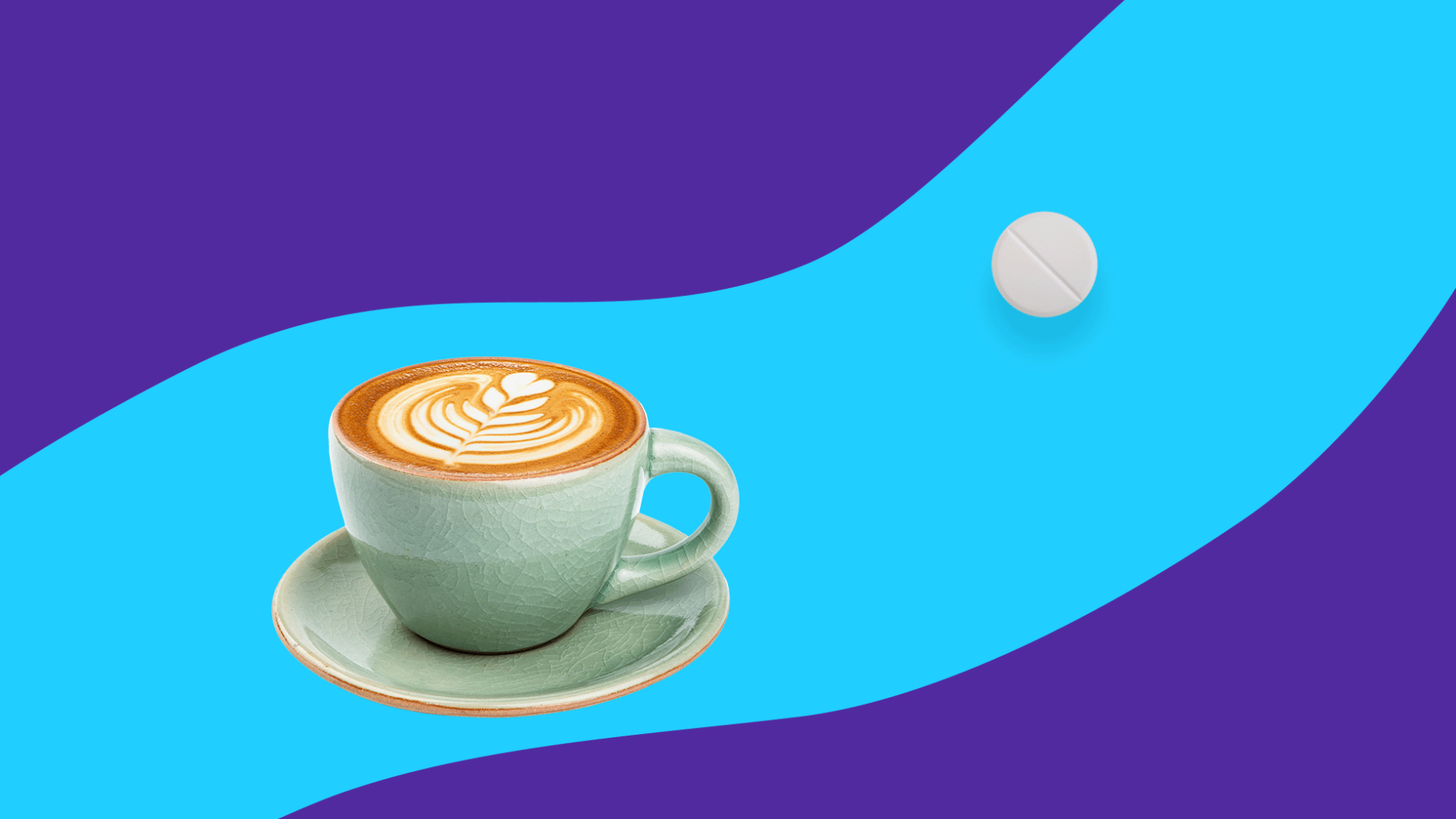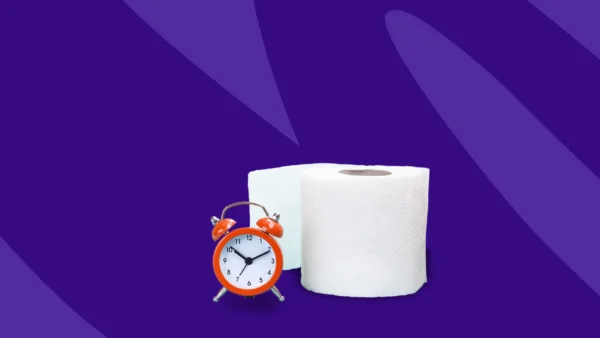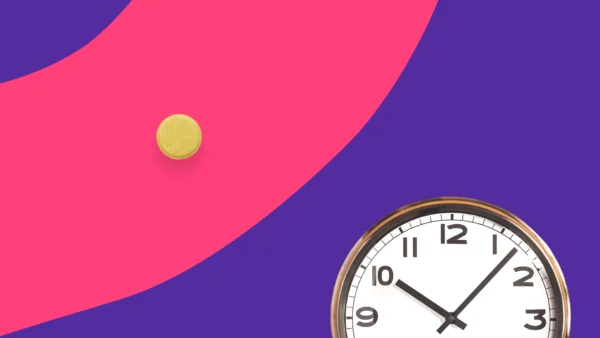Heart disease is the leading killer of Americans in the U.S. A common antiplatelet medication known as Plavix (clopidogrel bisulfate) is commonly prescribed to people with heart disease to prevent blood clots and lower the risk of having a heart attack or stroke. In fact, Plavix is often prescribed after a heart attack or stroke or a stent is inserted, or if you have narrowing of the peripheral arteries, poor circulation, or recurring chest pain.
If you’ve been prescribed Plavix, you may wonder about your medication’s interactions, specifically caffeine. For instance, is it okay to drink coffee while taking Plavix?
Do coffee and caffeine interact with Plavix?
It’s no surprise, coffee is one of the world’s most popular beverages. Caffeine’s stimulatory effects make a cup of joe a great way to jumpstart the day. The good news is that drinking coffee while taking Plavix is generally safe. There are no known contraindications between Plavix and caffeine listed on the Plavix drug label.
“Coffee or caffeine consumption will have no significant effects on the efficacy of Plavix,” says Laura Purdy, MD, a board-certified family medicine physician based in Nashville, Tennessee. “However, caffeine could possibly [have other implications] to those taking this treatment.”
Excessive bleeding
The biggest risk of antiplatelet drugs like Plavix is the possibility of bleeding too much. As it slows your body’s ability to form blood clots, Plavix could cause a problem if you were to start bleeding internally or had a large wound that required clotting.
Caffeine, and coffee in particular, has been shown to slow blood clotting as well, which can be a positive preventive effect against heart disease. However, when combined with Plavix, it can become problematic.
“Both medications affect blood clotting, so taken together, they may increase bleeding risk,” Dr. Purdy says.
Sean Byers, MD, co-founder of Health Report Live and an internist in Galveston, Texas, agrees that caffeine could potentially interfere with Plavix’s antiplatelet effects. “I advise reducing caffeine intake, especially if you notice any bruising or bleeding,” he says. If this happens, Dr. Byers recommends talking to your healthcare professional immediately.
Elevated blood pressure
Another risk of caffeine consumption for someone taking Plavix isn’t related to the medicine so much as the person’s underlying condition. If you’re taking Plavix, you may have a high blood pressure, which is a risk factor for a heart attack, stroke, or other cardiac event.
Caffeine, a central nervous system stimulant, can also raise your blood pressure and heart rate. So while there’s no contraindication between Plavix and caffeine due to high blood pressure, the risk may be relevant to people combining the two.
Dr. Purdy suggests limiting caffeine as much as possible while you’re on Plavix. “If you do choose to consume coffee,” she says, “I recommend opting for decaffeinated coffee or tea, which contain much less caffeine than regular coffee.”
Does caffeine interact with other antiplatelet medications?
Antiplatelet medications are a class of blood thinners that work by preventing platelets in your blood from forming clots. Plavix is one of the most commonly used of these medications along with aspirin, and research on how caffeine interacts with antiplatelets has been focused on these two medications.
Aspirin is an over-the-counter antiplatelet medication that has been used to prevent heart attacks. However, it is no longer recommended as a daily pill for the primary prevention of heart disease in people over 60. For people with existing heart problems or a history of stroke or heart attack, aspirin may still be recommended.
There is no known interaction between aspirin and caffeine. In fact, aspirin is formulated with caffeine and sold over the counter to relieve a multitude of symptoms, including headaches, arthritis, aches, and pains. However, as caffeine may partially block the formation of clots, the risks may need to be considered when taking antiplatelets.
“Caffeine could interact differently with antiplatelet medications,” Dr. Purdy says. “More research must be completed in order to understand any potential interactions.”
Other commonly-used oral antiplatelet medications include:
- Brilinta (ticagrelor)
- Effient (Prasugrel)
- Ticlid (Ticlopidine)
- Persantine (Dipyridamole)
Many health providers may advise caution about mixing any antiplatelets with caffeine due to the potential risks of bruising and excessive bleeding. If you are unsure, talk to your doctor or pharmacist.
How caffeine affects your body
Caffeine is one of the most widely used stimulants in the world, naturally occurring in chocolate, coffee, and some nuts and teas. It may also be processed as an additive in sodas and energy drinks. The stimulant may affect your body in many ways. A large meta-analysis and systematic review showed light to moderate coffee drinkers may have a reduced risk of death from all causes compared to those who don’t drink coffee, particularly in women.
The most noticeable effect of caffeine on your body is that it may make you feel more alert for a period of two to four hours. Once it wears off, however, you might end up feeling more sleepy than before you drank your coffee.
Caffeine can also be habit-forming. When you stop drinking it abruptly, you may experience mild withdrawal symptoms, including headaches and irritability, for anywhere from a couple of days to a week.
Potential side effects from caffeine range from mild to severe and can include anxiety, restlessness, fidgeting, insomnia, facial flushing, increased urination, muscle twitches or tremors, irritability, agitation, elevated or irregular heart rate, and an upset stomach.
Caffeine and heart disease
There has been a lot of conflicting research about the link between coffee and heart disease. Ultimately, the American Heart Association has concluded that moderate coffee drinking (one to two cups per day) doesn’t seem to be harmful to people with heart disease.
A review of the research exploring the link between caffeine and heart disease revealed a lack of consensus and a need for more research. Some studies show that caffeine increases cardiovascular disease risk, some show no effect, and others report a lowered risk of heart disease with moderate consumption. The contradictory findings may be due to how the studies were done and genetic or lifestyle factors.
The review acknowledged concern in the scientific community, however, about the recent rise in cardiac-related deaths associated with caffeine-heavy energy drinks, which a 2019 Journal of the American Heart Association study reported can lead to long-term increased blood pressure and abnormal electrical activity of the heart that affects the heart’s regular rhythm.
Around 40% of teenagers and young adults drink caffeinated energy drinks. And because these drinks are often marketed as nutritional supplements, they aren’t limited by the same regulations as soft drinks, so they typically contain much higher levels of caffeine than soda or coffee.
Health experts may recommend against the heavy consumption of caffeine, especially in people with heart disease. According to the FDA, the maximum recommended amount of caffeine per day is 400 mg in a healthy adult.
RELATED: Heart disease statistics
Bottom line: Can I drink coffee while taking Plavix?
“Talk to a healthcare provider who knows your medical history and current medications so you can get personalized advice,” Dr. Byers recommends. He or she can answer any questions about possible interactions with caffeine—as well as other foods, medications, or supplements you’re taking.
Plavix and coffee may be combined in moderation, but it might be time to learn to love decaf. You should also talk to your healthcare provider for personalized guidance before consuming other caffeinated drinks, such as sodas and energy drinks.











